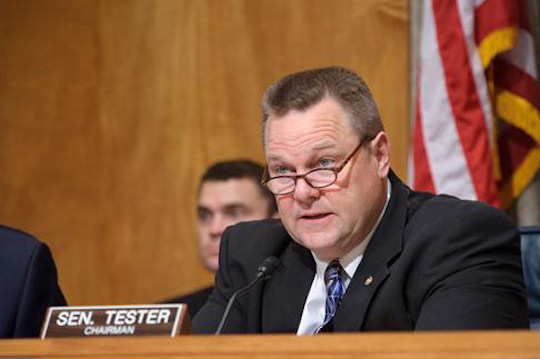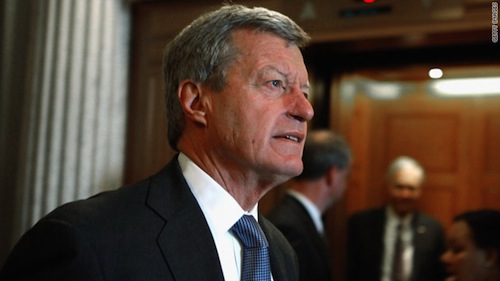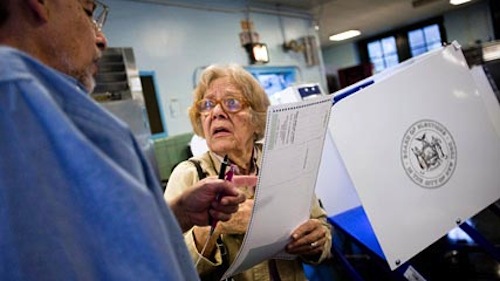Back in 2010, Montana’s Senator Jon Tester voted in favor of the Dodd-Frank Act and its authorization of the federal government to create a fiduciary rule. The fiduciary rule is dry, but it’s important. Generally understand as a response to financial advisors’ tendency, before the 2008 crisis, to push clients toward investments that paid high commissions rather than ones that suited their needs, the fiduciary rule would require advisors to put their clients’ financial success ahead of their own.
That makes sense, especially after you’ve watched subprime mortgage derivatives wreck the world economy. Lawyers are required to prioritize their clients’ interests, and so are clinicians. Maybe that’s why the fiduciary rule is overwhelmingly popular—except, of course, with the financial services industry. It has also recently become unpopular with Sen. Tester, who joined Republicans in attempting to block implementation of the Department of Labor’s fiduciary rule last month.
In unrelated news, the financial industry has donated $2.3 million to Sen. Tester this year, bringing his career receipts from that sector to $3 million. Maybe he just wanted to give us all an object lesson in how conflicts fiduciary of interest work. Either he has reaped monetary benefits at the expense of the Montanans whose civic investment he manages, or he knows a really good reason why the fiduciary rule is bad that he should explain to us right away. You can read all about it in this week’s column for the Missoula Independent. I’m going to make scrambled eggs and oatmeal for lunch, because I’m sick, and I demand pastes.





